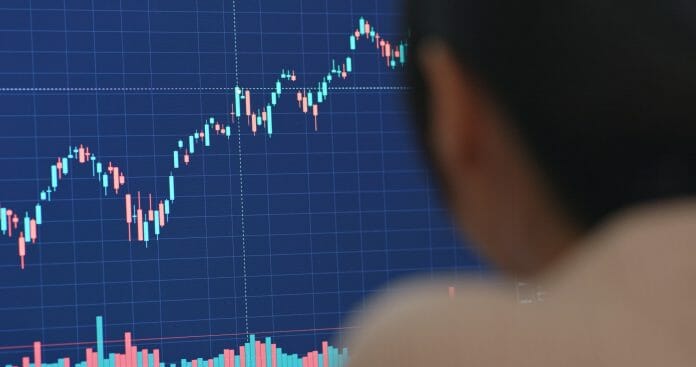The global financial markets closed on a negative note for the week. In the developed markets, Japan experienced the largest decline, followed by Europe and the United States (US).
In Asia, majority of the markets delivered negative returns over the week, with Hang Seng recording the largest drop followed by Korea and China onshore.
“In Malaysia, the FBMKLCI returned marginally negative over the week, mainly due to the impact of regional sentiment weakness, uncertainties surrounding the property sector in China, and concerns about future rate hikes in the US,” said Principal in the recent Weekly Market recap.
In the bond market, the price of the benchmark 10-year U.S. Treasury note closed lower, influenced by a mixed inflation report and the release of the US Federal Reserve (Fed) minutes indicating the possibility of additional rate hikes. (Bond prices move in the opposite direction of bond yields).
Macro Factors
In the US, July retail sales reported a significant 0.7% increase, double the consensus estimates. Excluding autos, sales rose 1.0%, resulting in a 3.2% year-over-year gain. The Fed minutes indicated that they are open to further rate hikes, as most economic data show resilience.
In Europe, recent labour data showed mixed signals. Average weekly earnings (excluding bonuses) rose by 7.8% in the three months through June, up from 7.4% in the previous three months. However, the unemployment rate increased to 4.2% from 3.9% in the previous three months, surpassing expectations.
In China, concerns persist as industrial output and retail sales experienced slower-than-expected growth compared to the previous year. Fixed asset investment growth in the first seven months of 2023 also fell short of forecasts. In the property market, Country Garden, a major Chinese developer, suspended trading of onshore bonds after missing interest payments.
China Evergrande, another prominent developer, filed for bankruptcy protection in New York to shield itself from U.S. creditors while working on debt restructuring in Hong Kong and the Cayman Islands.
The People’s Bank of China unexpectedly cut its medium-term lending facility rate by 15 basis points to 2.5%, the largest reduction since 2020.
Investment Strategy
“Our current stance is neutral on both equity and fixed income, with a preference for income-focused funds. Our strategy emphasises quality, growth, and income in stocks and credits,” said Principal.
They are exercising caution with USD assets, particularly in the technology sector, and believe that Asian equities and fixed income present more value in the short term.
On Fixed Income, Principal finds bonds appealing as they perceive a higher likelihood that central bank hiking cycles will end soon, despite recent guidance from the Fed.
“We also see potential for capital gains in the event of weaker economic growth. Therefore, we maintain our preference for investment grade bonds with longer durations as our preferred investment choice,” said Principal.
On equities, Principal favours quality and dividend-paying stocks for their defensive qualities that can help withstand the uncertain macroeconomic and geopolitical conditions.
They are positive on Asia and are positioned in the areas of the bottoming tech hardware cycle, long term growth headroom from low penetration rates, ASEAN continuing to provide a combination of recovery plays and long-term structural themes, and China’s reopening, although they are judicious in which areas.
“We also favour an income-focused approach to ride out volatilities arising from geopolitical tensions, inflationary issues, and recessionary concerns,” said Principal.









